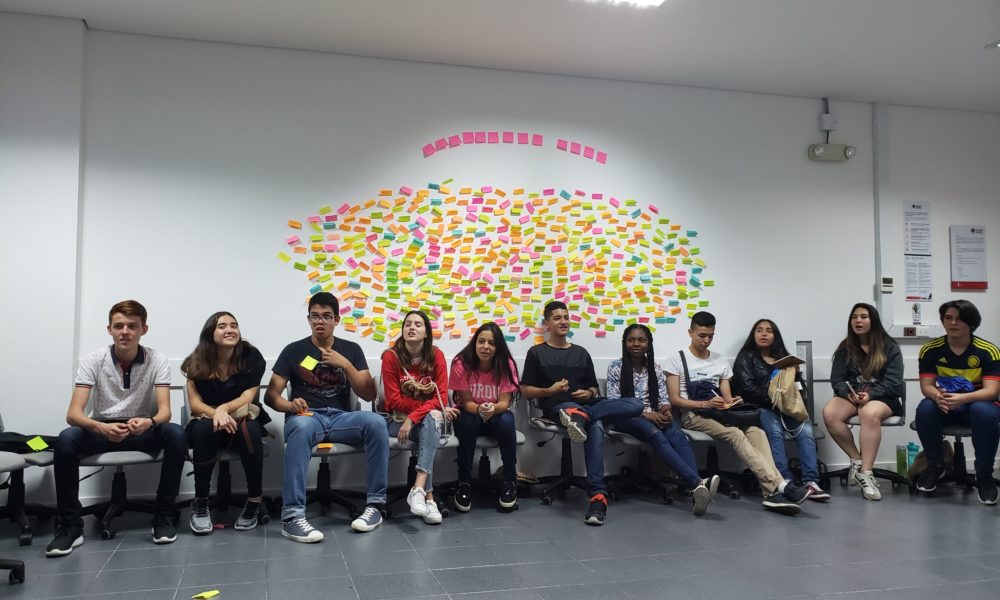
Latin America is the fourth largest market in the world for ed-tech but challenges remain which are keeping it from flourishing within the classroom. The Dominican Republic is a case in point where falling test scores have left the country one of the lowest-ranked countries in the world for the PISA assessment. But in this case, it’s not just a matter of sound investment, it’s also important that the education workforce are up to the task of lifting poor standards.
Cofounders Manuel Diaz and Andres Contreras recognised this when coming up with Okus, a multi-platform education assistant that aims to help teachers do everything from grading homework to providing instructional videos. “We have a mentality of ‘teach the teachers’ because in some of the developing countries it’s needed,” Contreras told LATAM.tech. “For the most part, teachers rely on a lot of memorisation. There’s also a gap in training for teachers.”
Available only in the Dominican Republic, Diaz and Contreras, both former mathematics graduates, aim to make their favourite subject more approachable. The island-nation has also been investing greater amounts into the country’s education system but Contreras is certain that innovation is necessary to make sure the investment is spent wisely. “You need different answers, different tools, to make sure this investment is going towards building new schools and infrastructure. But you also need new ways of teaching to use this money in an efficient manner.”
Director of Brazilian AB Startups Rafael Ribeiro said the same of the education landscape in his country and that “most teachers report that they never participated in training, or when they participated, it was only for a specific training, some tool. Most managers do not know where to get the right information and always surrender to Google, which often brings shallow content and does not meet the real need.”
Ribeiro made these comments in the recent Mapping of Edtechs Report where 364 edtechs were surveyed and it was found that the country was in the midst of an edtech revolution where most e-learning platforms provide content (61% according to the report).
Speaking to ed-tech website Porvir, CIEB manager of educational technologies Mairum Andrade also spoke of the challenges ahead: “The first is that it is a market in which more than 80% of elementary schools are public and the acquisition or contracting of technology by public education networks is still very limited, poorly structured and highly bureaucratic. The second reason is the change in the culture of educators, since the insertion of technology in education requires new forms of education. Teachers need to be comfortable with this, and companies need to support the whole process of this change, from managers to teachers.”





